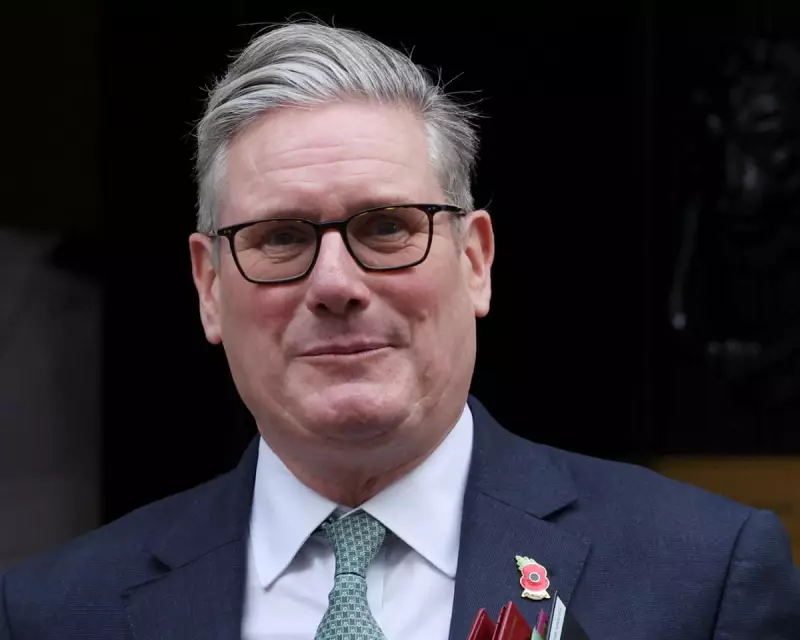
In one of the most extraordinary political episodes in recent memory, Prime Minister Keir Starmer has effectively mounted a leadership challenge against himself, creating a crisis that has left Westminster baffled and Labour MPs deeply concerned.
The Phantom Coup That Never Was
Late on Tuesday night, Downing Street officials launched an astonishing attack on their own government, claiming cabinet members were plotting to oust Starmer. According to sources briefed to the Guardian, Health Secretary Wes Streeting was identified as the "worst offender" in this alleged rebellion, with Business Secretary Ed Miliband and Justice Secretary Shabana Mahmood also implicated.
The supposed coup was said to be imminent, scheduled for after the budget in just a few weeks' time rather than waiting until May's local elections. Downing Street sources presented Starmer as ready to fight back against these plotters, positioning him as the only figure who could maintain stability and prevent bond market turmoil.
However, this dramatic narrative quickly unravelled as it became apparent the entire scenario was a "morphine-fuelled fever dream" - a product of paranoia rather than political reality. No evidence of an actual plot emerged, leaving observers to conclude that Starmer and his team had added two and two to make five.
Self-Inflicted Political Damage
The bizarre episode has backfired spectacularly for the Prime Minister. By raising the spectre of a leadership challenge that didn't exist, Starmer successfully turned his own leadership into a live issue when few were previously discussing it. The move alienated key cabinet members and bewildered backbench MPs who had been hoping for steady governance after years of Conservative chaos.
The timing proved particularly inept, with the attacks landing just before Wes Streeting was due to undertake media rounds - something the Health Secretary both enjoys and excels at. Streeting handled the awkward questions with characteristic grace and humour, denying leadership ambitions while subtly suggesting Number 10 needed to get its house in order.
As one observer noted, "Even Liz Truss didn't come up with an idea like that" - a damning indictment of the strategic misstep from a Prime Minister who has been in power for under eighteen months.
PMQs Fallout and Political Consequences
The drama reached its climax during Prime Minister's Questions, where Conservative leader Kemi Badenoch seized on the self-generated chaos. In a rare moment of political acuity, Badenoch repeatedly pressed Starmer on whether he agreed with descriptions of a "toxic culture" in Downing Street and whether he had confidence in his chief of staff, Morgan McSweeney.
Starmer's response - that his team was "absolutely focused on delivering for the country" - fell notably short of a full endorsement for McSweeney. The exchange saw energy draining from Labour benches as MPs confronted the uncomfortable reality that their own leadership had created this entirely avoidable crisis.
While Badenoch eventually moved on to other topics, missing the opportunity to inflict maximum damage, the episode left Starmer visibly shaken and his authority diminished. The Prime Minister appeared so distracted that he readily accepted an invitation for rest and relaxation in Rhyl - perhaps the most honest moment of his difficult day.
The entire affair represents an act of political self-harm on an almost unimaginable scale, leaving even veteran Westminster observers struggling to comprehend the logic behind Number 10's actions. As the government tries to regain its footing, the question remains whether Starmer can restore confidence in his leadership after such a spectacular unforced error.






